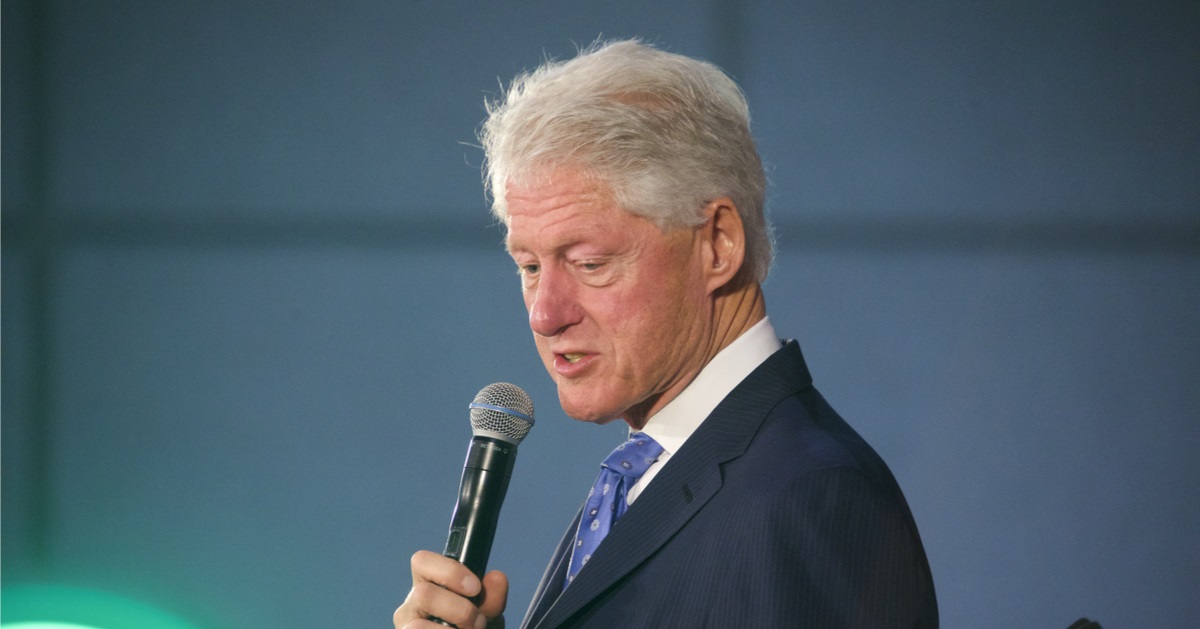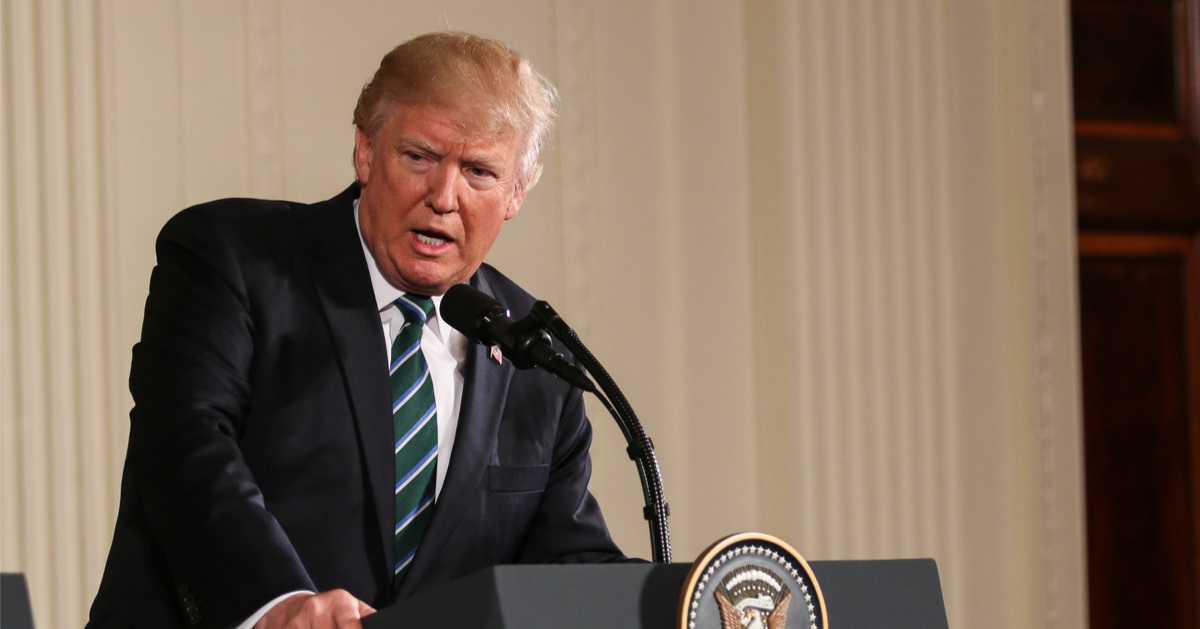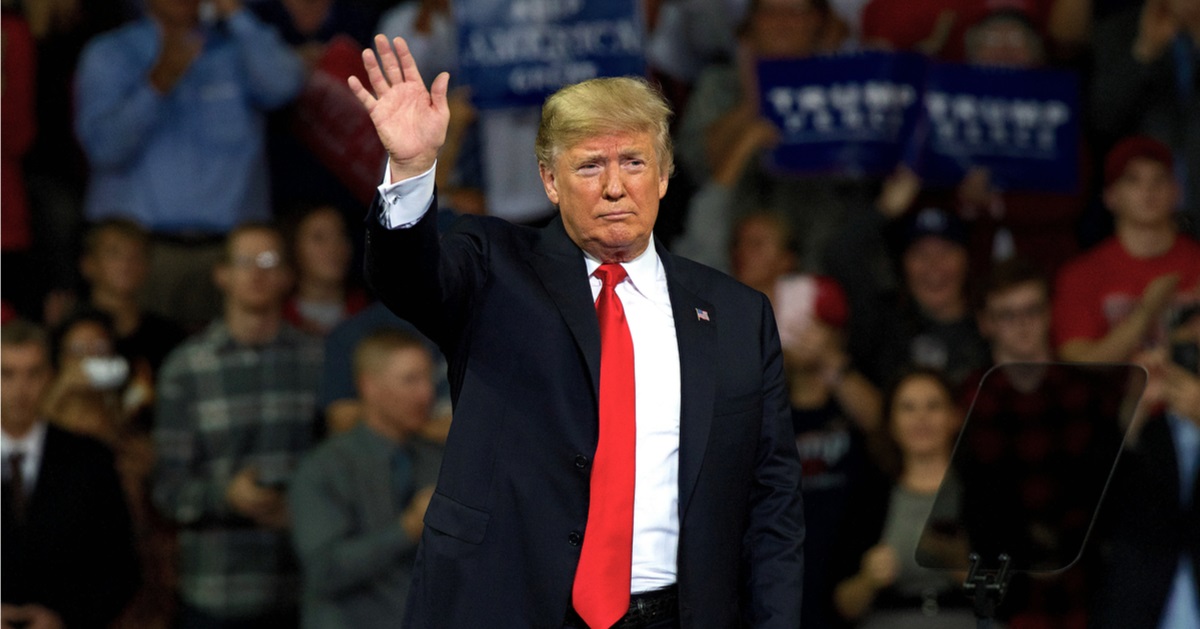DANIEL VAUGHAN: Artificial Intelligence Moves Into Political Power Games
In the fallout of the 2008 financial crisis, Americans became well-acquainted with the term "too big to fail." Two decades ago, the term was mostly reserved for banks. Congress and the White House enacted the bailouts for those institutions, but no one liked them, and Americans swept everyone out in the next two elections.
As odious as that was, it at least made some level of sense. We were dealing with bank failures, which everyone needs to conduct basic transactions. And these institutions are essential for lending and more for Wall Street and corporate America. You could make a case for action on all these points, particularly given the dire straits of the economy at the time.
The larger question now is whether artificial intelligence companies meet the same criteria.
OpenAI kicked off a firestorm when its CFO first suggested a need for government backstops for AI investment. OpenAI has more than $1 trillion in infrastructure investments over the next decade. The push to rapidly build and scale data centers is at the heart of this push.
The response across the political spectrum was swift, with everyone condemning the idea. So much so that OpenAI had to start backpedaling, saying they didn't actually mean bailouts for AI models.
This response is both noteworthy and understandable. While OpenAI certainly kicked off the AI arms race in the U.S. tech space and abroad, it's unclear whether they will be the ones to win it. Further, the United States has several companies pouring their time and attention into this very question, any one of which could deliver a knockout blow.
We have many large language models, including derivatives of those same things, and no one dominant company.
However, the firestorm misses a slightly different company at the center of this issue: Nvidia.
The AI chipmaker is currently the largest market-cap company on the planet, with a valuation that just shot past $5 trillion. It's the first such company in history, and that's happened effectively in the last few years alone.
Whereas OpenAI, Meta, Google, and the rest are building models, Nvidia is building the chips that power these models. And in truth, while other companies can do this, Nvidia has an outsized presence in this area.
Nvidia's CEO, Jensen Huang, issued a stark warning to the Financial Times last week during the OpenAI firestorm, claiming that China will win the AI race. He later softened this stance by stating that China was only "nanoseconds" behind the U.S.
While OpenAI is just making models, Nvidia is building the infrastructure for all the models. Jensen Huang didn't claim Nvidia was a systemically important company. Still, by dubiously asserting that China is breathing down America's neck in tech, he's positioning Nvidia as systemically important.
I say dubiously, not because I doubt China's desire to beat the United States in this regard, but rather its capacity. So far, China has done a great job of stealing and copying U.S. tech, but it has rarely gone much further than that. DeepSeek is the lone exception on this front, and after that flash in the pan, there has not been as much.
It's not just Nvidia and OpenAI at the center of this, though. The Magnificent 7 stocks, generally seen as the middle of the AI trade, account for an astonishing 37% of the S&P 500. If the AI bubble pops and these companies drop, it'd be a massive hit to the rest of the market.
The question isn't whether OpenAI is a 'too big to fail' company. It's whether Nvidia and the network of companies that circulate it have become too big to fail, both in terms of market crashes and in competition with China. One LLM or AI company is something we can shrug off. Nivida is another story.
A systemic failure of the entire AI sector, similar to the dot-com bubble, is a vastly different question. The dot-com bubble was just that, a speculative bubble around new websites and products. AI is powering advanced military technology in the modern space race. These are radically different technologies.
If Nvidia fails, that wouldn't be like Pets.com or some other company going under. It'd be a fundamental recalibration of the entire artificial intelligence sector, and the government would have direct interests at play, whether we want to acknowledge this or not.
I'm not arguing in favor of bailouts here, but I am acknowledging the full scope of what we're looking at. OpenAI is not systemically important. But if Nvidia went under tomorrow for any reason, could we say the same thing?
I'm not so sure. And frankly, on just a pure political analysis, I don't know how either a Republican or a Democrat would react to this question. It involves just enough people's retirement accounts on one hand, and the security of the United States on the other, that it will demand a complete reckoning.
The only way out of this is to claim that AI is not systemically important at all and that we shouldn't be worried about its failure.
I know many people will make that claim. However, I do not believe that's even remotely true. AI is rapidly becoming the most necessary technology since the widespread adoption of the internet. And frankly, AI is spreading farther and faster than the internet. It's a technological revolution that dwarfs everything that came before.
That's a long way of saying: both these companies and the federal government have a vested interest in ensuring that some AI companies do not fail. Many in Washington D.C. have not realized that yet.
OpenAI and Nvidia have, however. That's a real political power, and I expect they will wield it. That's the real truth of the OpenAI and Nvidia firestorm: they are asserting a new political power that didn't exist a few years ago.
How will they use this power? That's the other trillion-dollar question.





